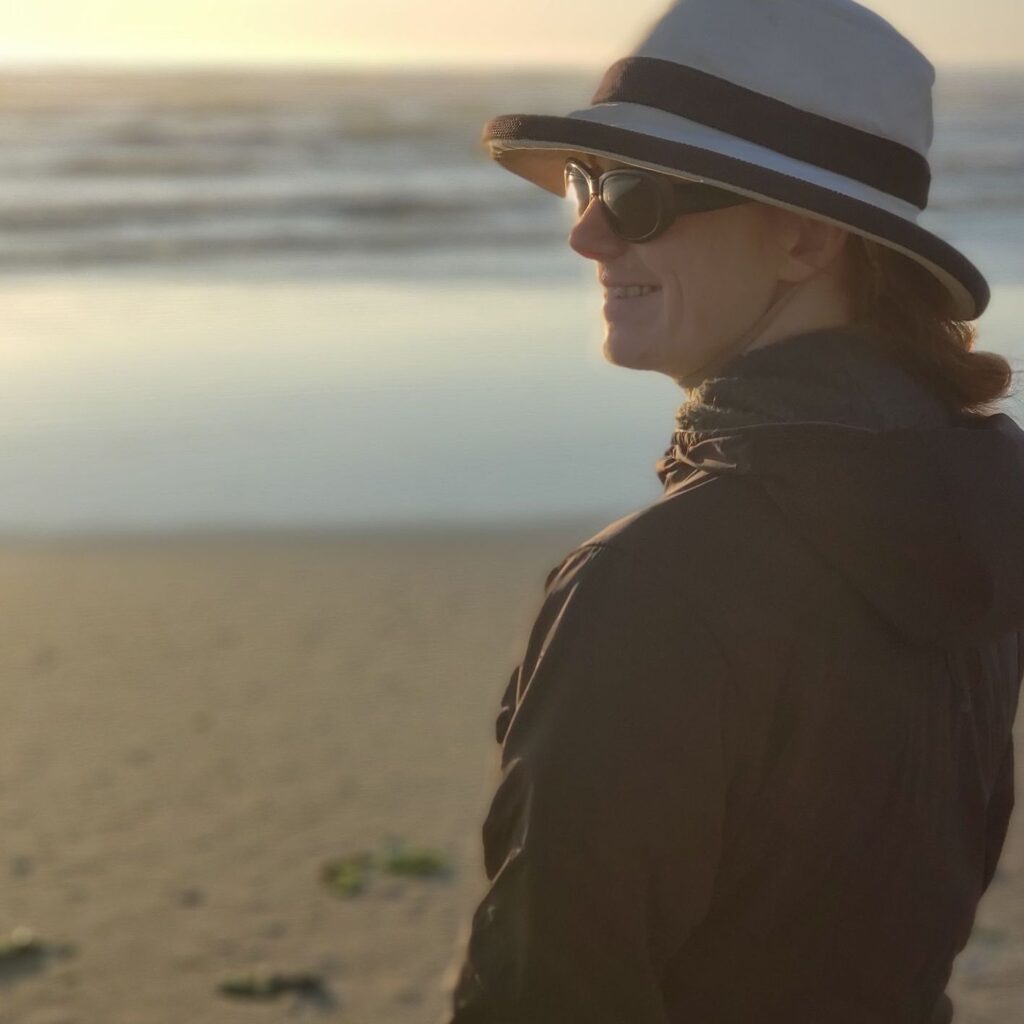Dr. Kate Huber, PhD
PhD English, Teacher, Environmental Humanities
Connemara National Park in Galway, Ireland
I strive to promote more socially and environmentally just futures amid the ongoing environmental impacts of empire.
As climate change contributes to unprecedented levels of human and more-than-human migration, my scholarship demonstrates ongoing connections between colonialism and the environment that draw people and resources to the imperial center, historically and today.
My interest in colonial and neocolonial environmental histories and possible decolonial futures began when I worked on educational sailing ships before going to college. The experiences I had sailing in the Caribbean raised questions about how colonial projects inscribe themselves into the land on human historical timescales, as well as in the geologic time of earth history. Pursuing these questions has inspired my career in the environmental humanities.
My research demonstrates the foundational connections between colonialism and the environment and how these connections rearticulate themselves across modern forms of development and in multiple media. Through my teaching, scholarship, and public engagement, I work to amplify marginalized voices that promote more enduring and just futures in a changing world.


